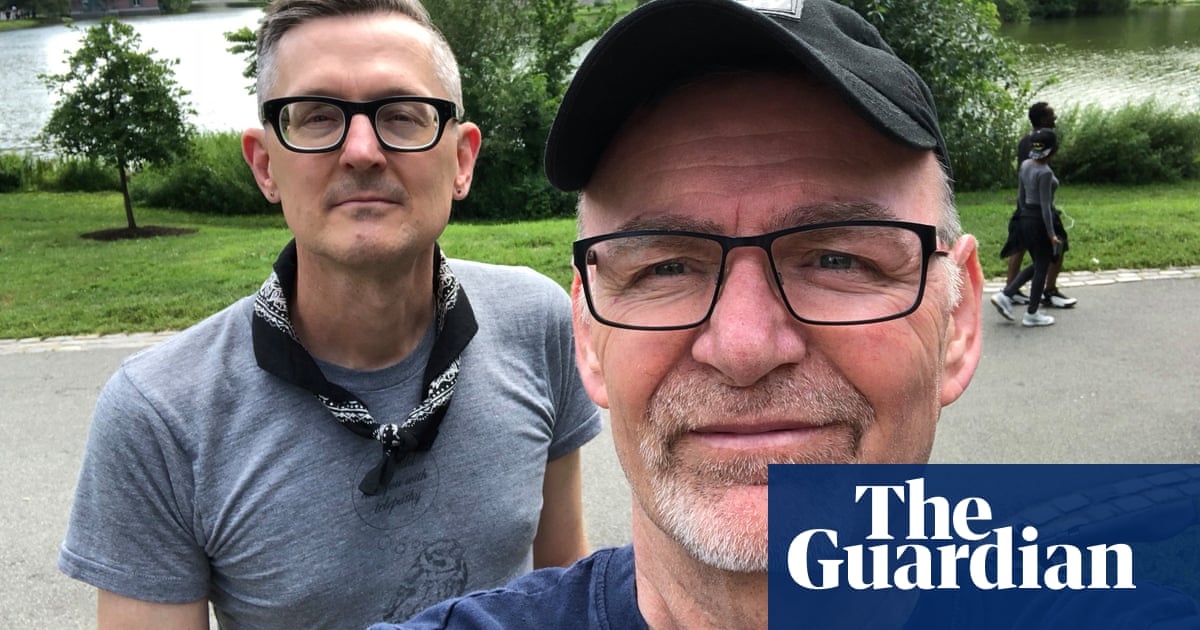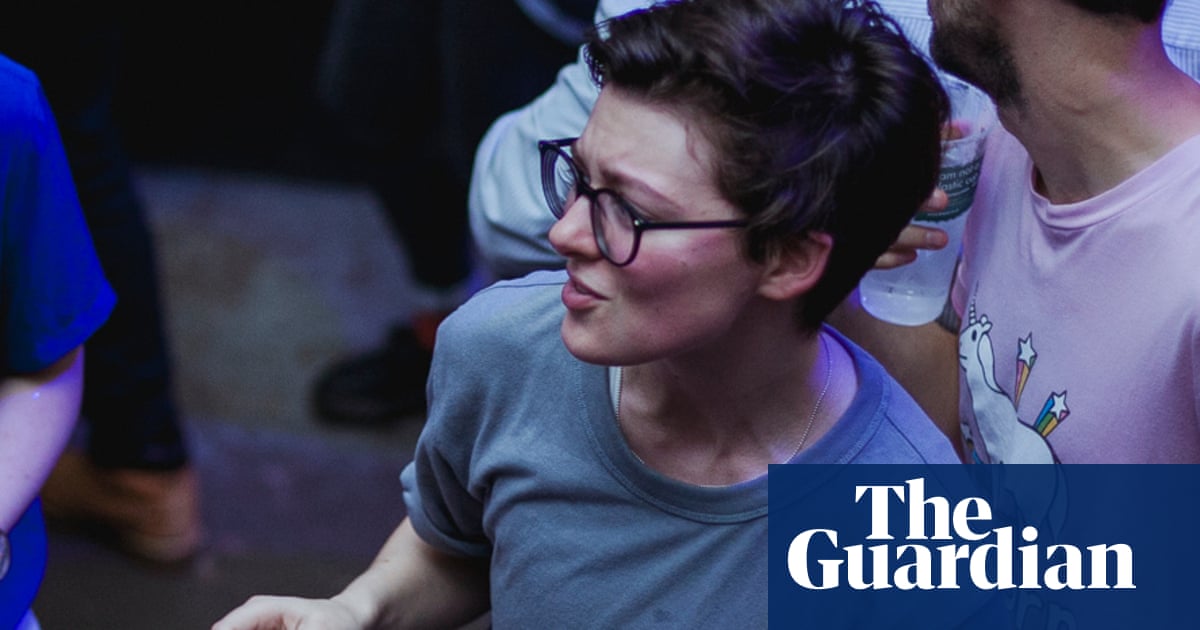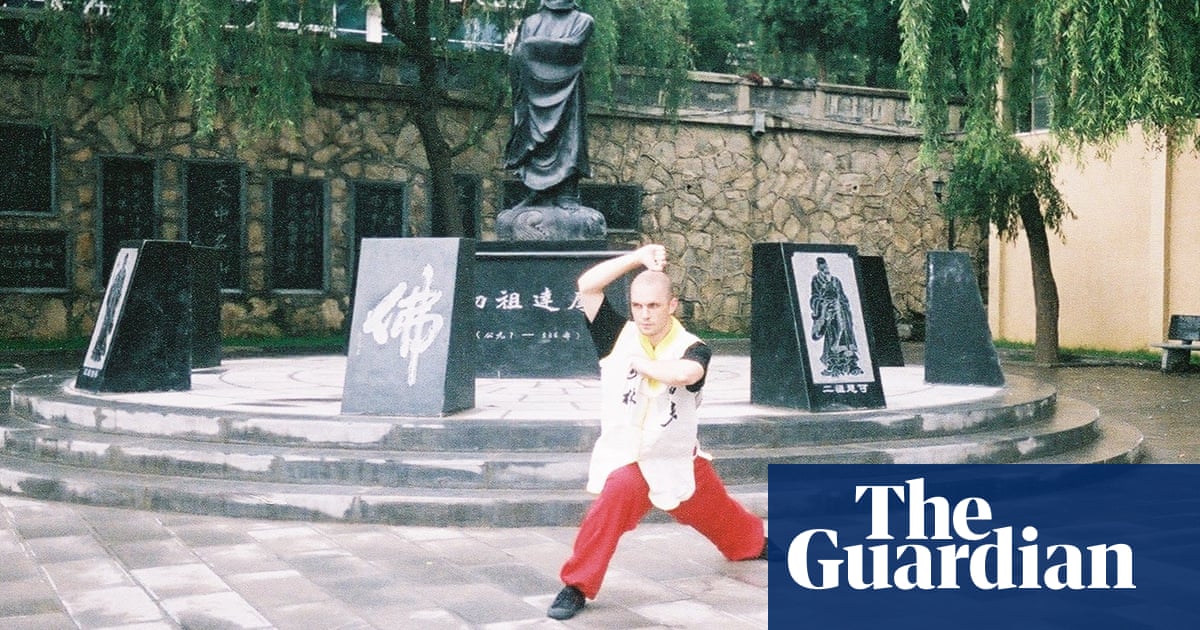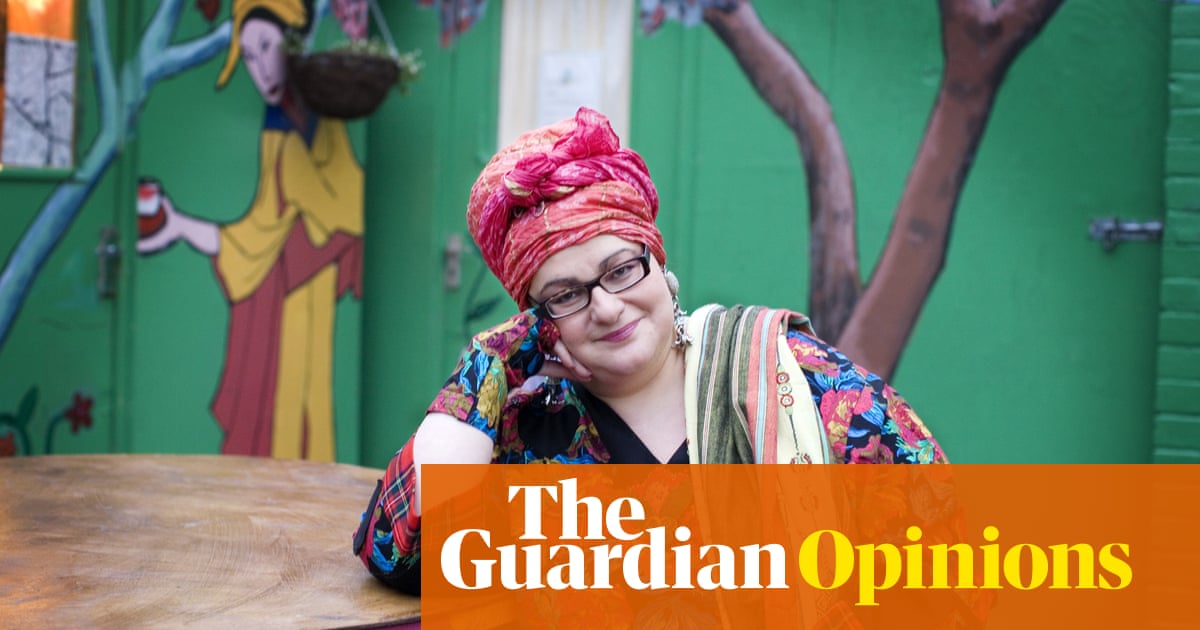
ack Thorne, 42, was born in Bristol and studied at Cambridge University. He’s the Bafta, Olivier and Tony award-winning writer of TV dramas such as This Is England, Skins, National Treasure and The Virtues. His theatre credits include Let the Right One In and Harry Potter and the Cursed Child. His adaptation of Philip Pullman’s His Dark Materials is currently airing on BBC One and his version of A Christmas Carol is the Old Vic’s livestreamed festive play.
Was A Christmas Carol a story you loved from childhood?
It was – mainly through The Muppet Christmas Carol, I must admit. When I reread the book, I was astonished by its beauty and power. Dickens wrote it in anger, and I love him for that.
Is it newly relevant again?
It’s been relevant since that word “austerity” came into politics a decade ago. Hidden behind that word is a lot of prejudice about working-class people. Scrooge is beset by that prejudice, and removing it is the most important thing in the play. At the same time, we’re all Scrooges. We all have responsibility for the world and the damage we do. Maybe with a bit of self-reflection, we can change.
Andrew Lincoln plays your Scrooge. Were you a This Life fan back in the day?
Such a fan. It could get weird. When I was at university, I got my mum to record all the episodes on VHS, bless her, so I could rewatch them. This Life was extraordinary and it’s missed. Nothing’s quite nailed that since, looking at what ambition does to a group of friends.
How is series 2 of His Dark Materials going down?
The reaction has been lovely. There was a lot of plot and world-building in the first series, whereas the second could be deeper, darker and linger on the characters more. The Twitter feedback has been incredible. I make my wife hide my phone when it’s on air, then sneak a look at it later.
Andrew Scott’s an exciting addition this series. How was he cast?
I wrote him a letter to try to persuade him to join us, and we’d exchanged texts about the John Parry character, then I ran into him at the Old Vic. It was like we’d been flirting hard and were suddenly face to face, which was awkward. He was all in Noël Coward gear, ready to go on stage in Present Laughter, just to make it even stranger. But he’s so magnetic in the role – he can do the spiritual stuff and be a believable shaman without being too eccentric. It’s also been fun to semi-reunite him with Phoebe Waller-Bridge [who voices John Parry’s osprey daemon].
Is a third series in the pipeline?
I’m currently rewriting it. We’re not green-lit yet, but we’re pushing ahead with the scripts because we need to be ready to film next summer.
The BBC often seems under attack nowadays. What do you make of that?
The BBC is vital, but people are ridiculous about it. It’s a British institution, so they expect perfection. They complain about how much it pays talent, then complain if big stars get lured away by commercial channels. It’s constantly caught between a rock and a hard place.
Your Netflix film Enola Holmes was a lockdown hit. How was that?
The strange thing about being a writer is sometimes you see the final film and they’re saying your words, but it’s not the film you thought it was. Enola was exactly like how I’d imagined – only better. That rarely happens.
You were hired to rewrite the script for Star Wars: The Rise of Skywalker. Why didn’t it happen?
It was an interesting experience but I’ve signed an NDA [laughs]. I got to go to Skywalker Ranch [George Lucas’s facility in California] and hold some props, which was amazing, but the process was tough and didn’t end well.
Aren’t you writing a Channel 4 drama set in a care home during Covid?
Yes, about the inability of our government to deal with the care home crisis and the lie of that protective ring. It came about because Stephen Graham asked me to write something for him and Jodie Comer. Stephen’s a force of nature and you don’t say no to him! I tried for 18 months to come up with something, then the pandemic happened. One particular care home in Luton, where I used to live, announced a serious number of deaths. I thought this was a story that needed telling, while also giving both Stephen and Jodie decent parts. The research has been eye-opening. I’ve interviewed people who run care homes who have cried as we spoke. The degree of abandonment is shocking.
You’re vocal about giving opportunities to disabled talent. Why is that issue close to your heart?
I was disabled myself for 15 years with a condition [cholinergic urticaria, which makes sufferers allergic to their own body heat] that left me bed-bound, in chronic pain and dealing with mobility issues. I’ve been involved in the disabled community ever since. It’s becoming an increasing focus of my work. Me and [deaf actor] Genevieve Barr are co-writing a BBC Two factual drama about the fight for disabled civil rights.
You’ve called it an “invisible prejudice”…
Doors are still closed. A lot of my disabled-led projects have been knocked back, and that’s true across the industry. It’s for the same reasons why care homes are abandoned or why we divide up the world with that barbaric term “underlying health conditions”. I talked to Lenny Henry the other day about how he helped change the conversation around racial representation and how we might do the same with disability. I believe TV is transformative and has an important role to play.
You seem extraordinarily prolific. How do you manage it?
I’m a workaholic, and I love my job, but last year went a bit wrong. Suddenly everything was happening all at once and to be honest, it wasn’t great for my sanity. Scripts that were eight years old were suddenly being made, and in trying desperately not to let anyone down my brain went a bit skew-whiff.
What do you do when you’re not working?
It’s either work or my kid [he has a four-year-old son]. Honestly, I’m rubbish. I’ve lost touch with friends. I really need to sort that out.
What will you be up to this Christmas, pandemic permitting?
I’m desperate to see my parents and my sister. We’ve been on socially distanced walks, but I haven’t been in a room with them for nine months.
Will you make any new year resolutions?
Fix my work-life balance and be a better friend. That’s become clear from this therapy session masquerading as an interview!












